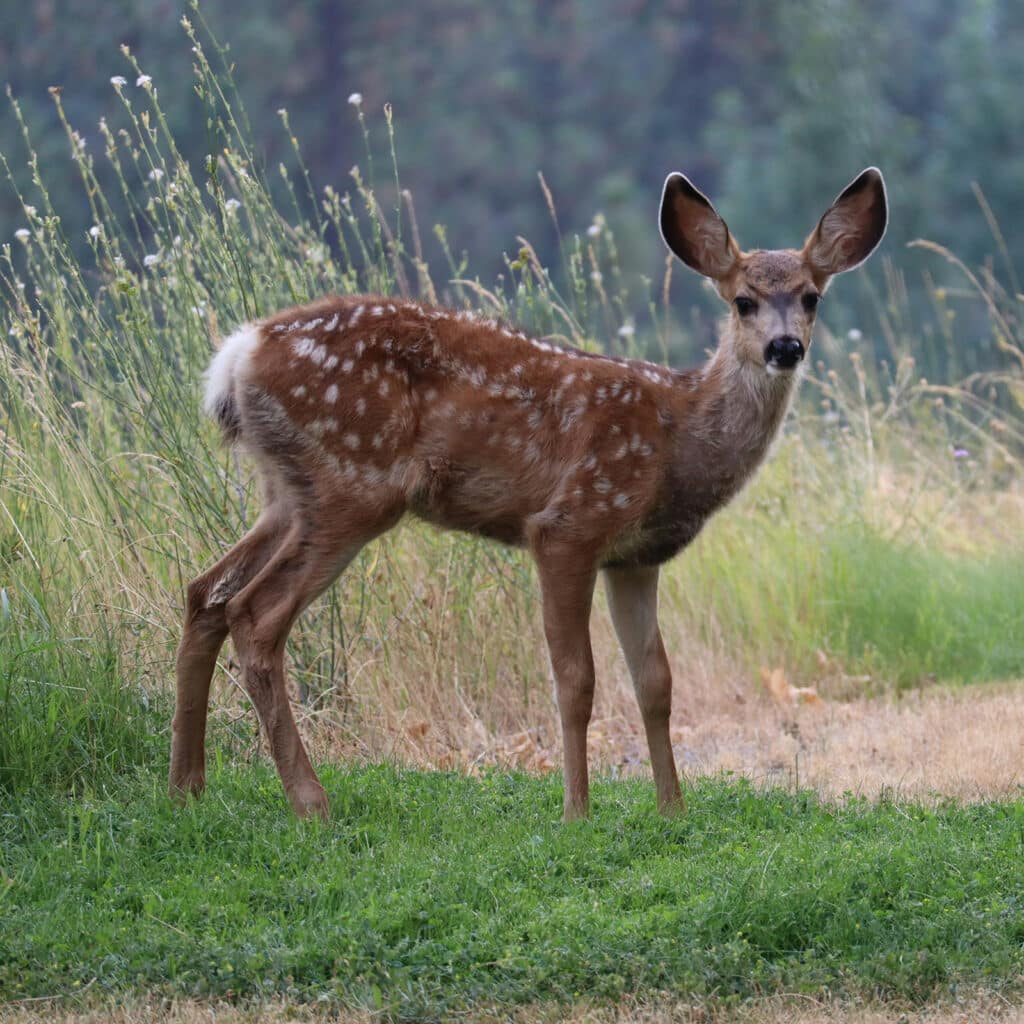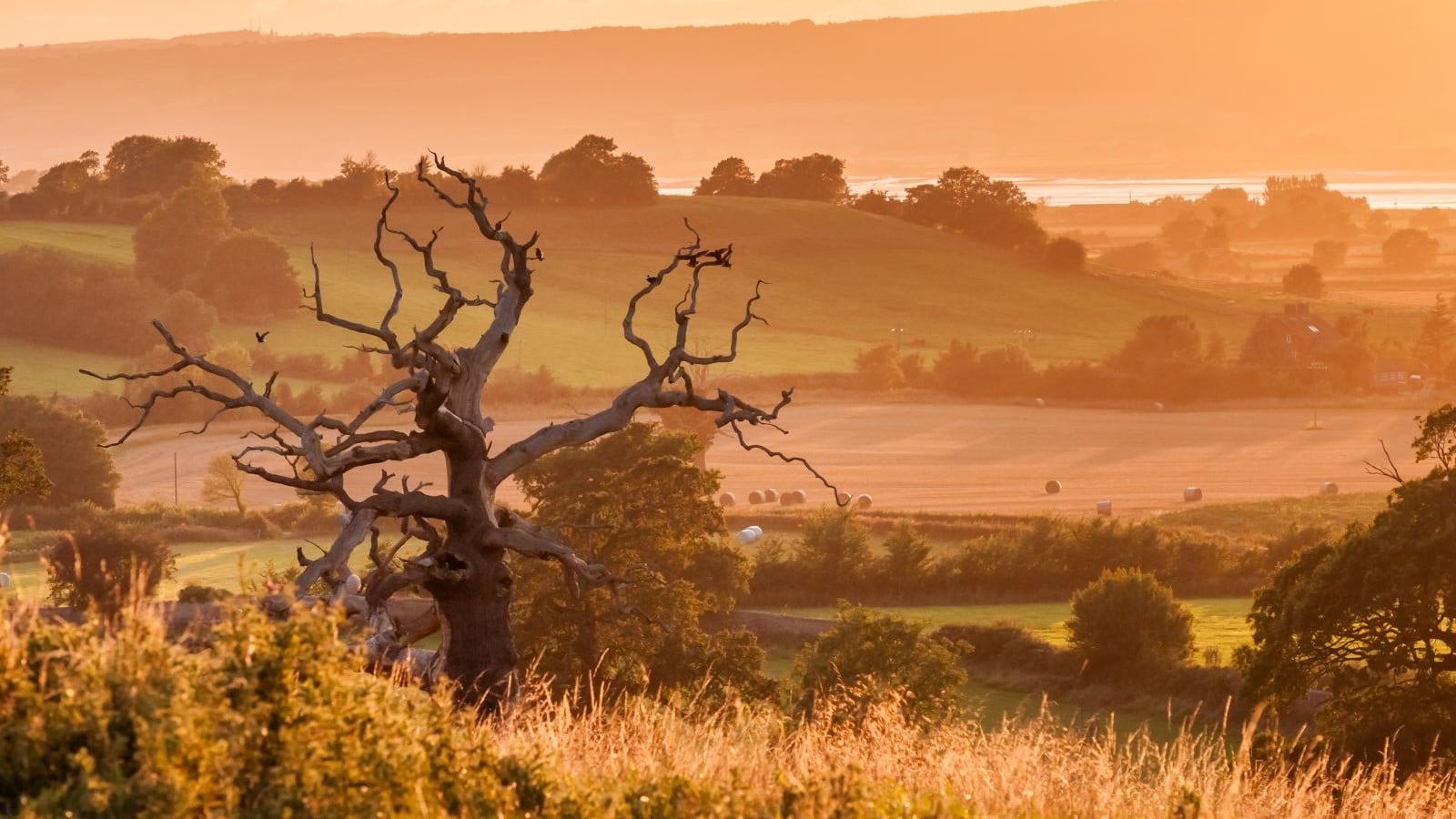
Land Management on the Berkeley Estae
Land Management
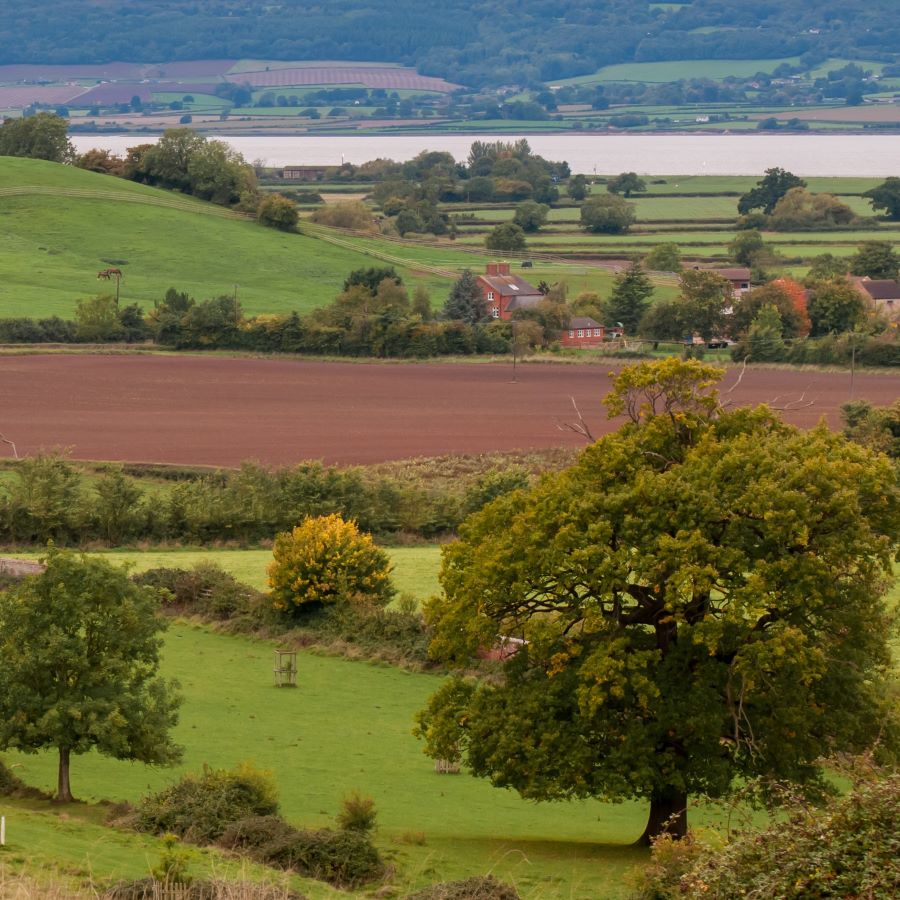
Photo by Tim Taphouse.
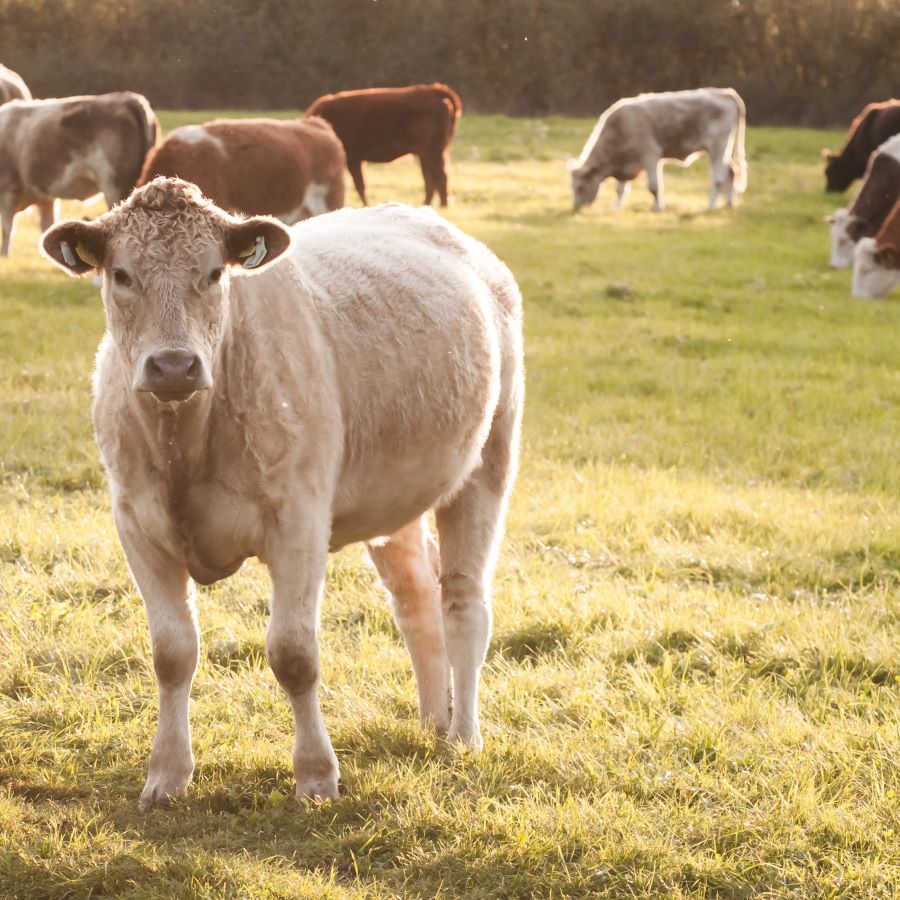
Photo by Tim Taphouse.
Agriculture / Farming
Agriculture has been an integral part of the Berkeley Castle Estate for over 800 years, with farming practices evolving alongside the rich history of the Estate.
In-Hand Farming
At the heart of the Estate is Berkeley Home Farm, which is farmed in-hand and extends to just over 400 acres. It is farmed with a commitment to sustainable and regenerative farming practices, which focuses on improving soil health and biodiversity.
We work with nature to regenerate the land, enhance ecosystems, and ensure the long-term productivity of our farming operations. This approach should not only help improve yields and resilience to climate change, but support local wildlife, enrich the soil, and contribute to the overall health of the environment.
Our hedgerows are beautiful features of the landscape and serve as vital wildlife corridors, providing shelter, food, and nesting sites for a wide range of species. We carefully manage our in-hand hedgerows by:
- Cutting them as late as possible to enable wildlife to eat the berries and nuts produced by the hedgerows;
- Cutting them into ‘A’ shapes to allow the sunlight to reach the bottom to help them thicken out; and,
- Cutting them as infrequently as possible.
Our commitment to the environment
We have planted new hedgerows on the Estate and plan to “gap up” many more, which involves planting new hedge plants in any gaps in existing hedgerows.
We use native species, such as hawthorn, blackthorn, elder, and hazel, which are well-suited to the local environment and support local wildlife by attracting pollinators, birds, and insects.
Through ongoing planting projects, we aim to strengthen ecological corridors and connect fragmented habitats.
We are in the process of restoring our fruit Orchards and avenues by planting local varieties of fruit trees. We plan to produce apple juice and honey from the Orchards which will soon be available to buy from the Castle Shop.
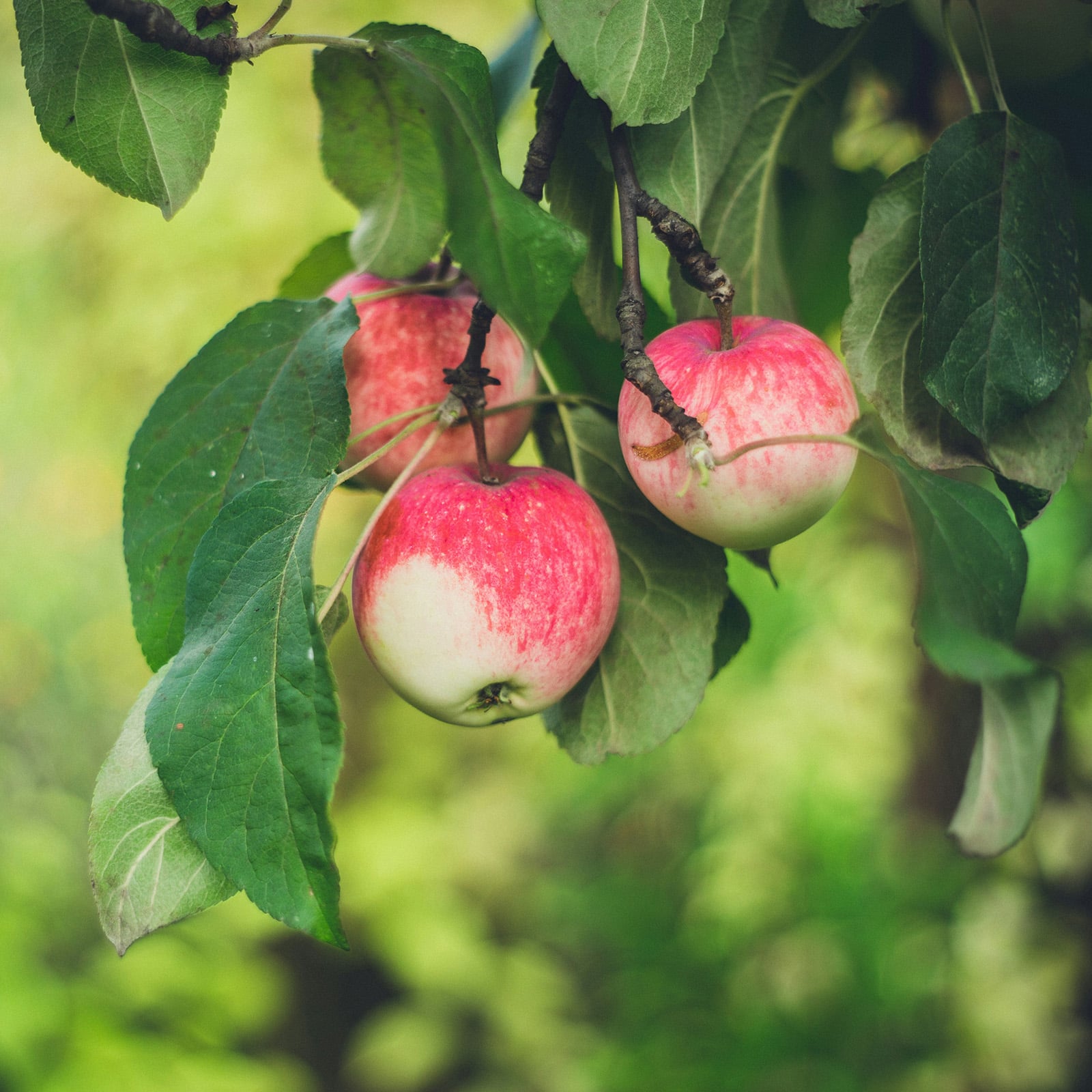
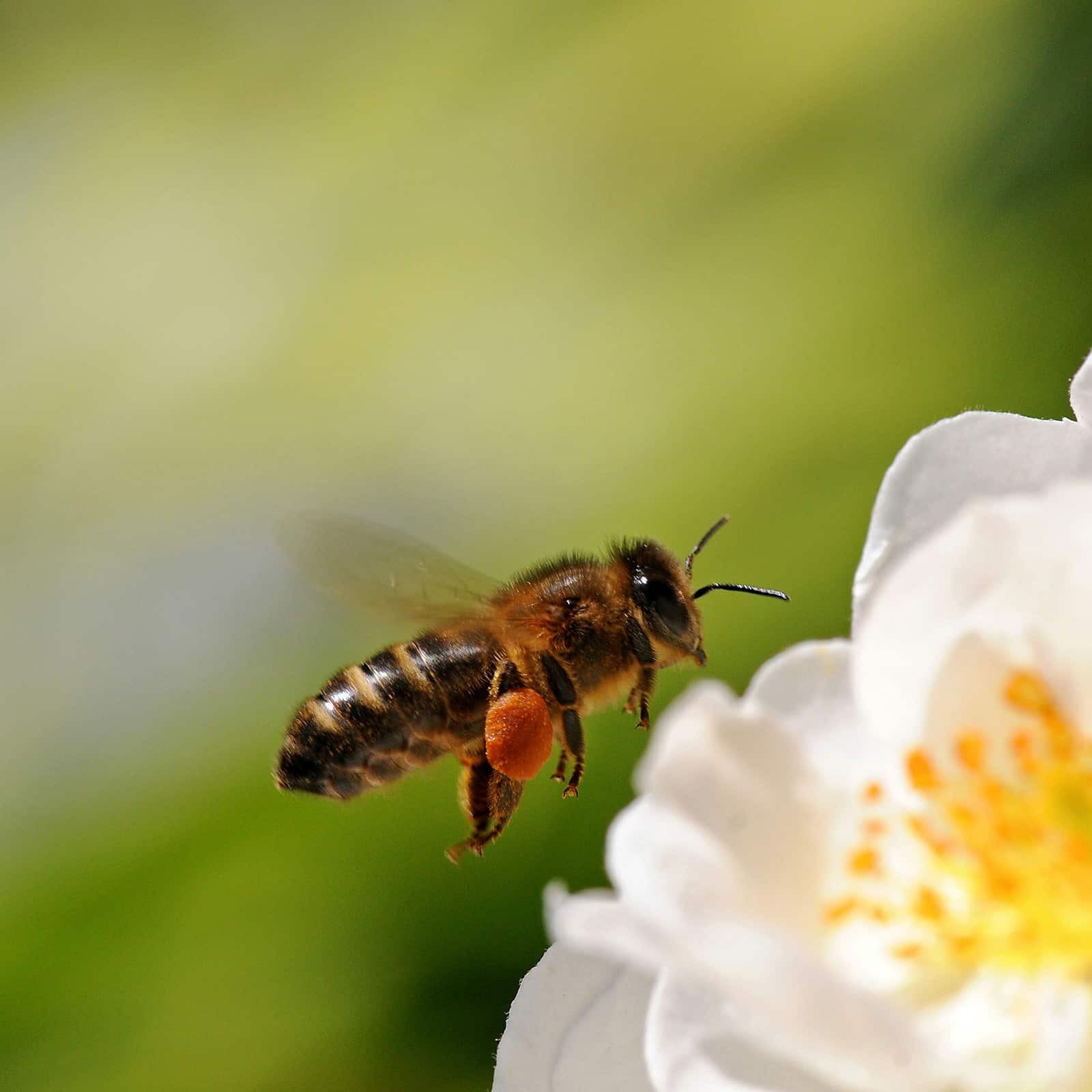
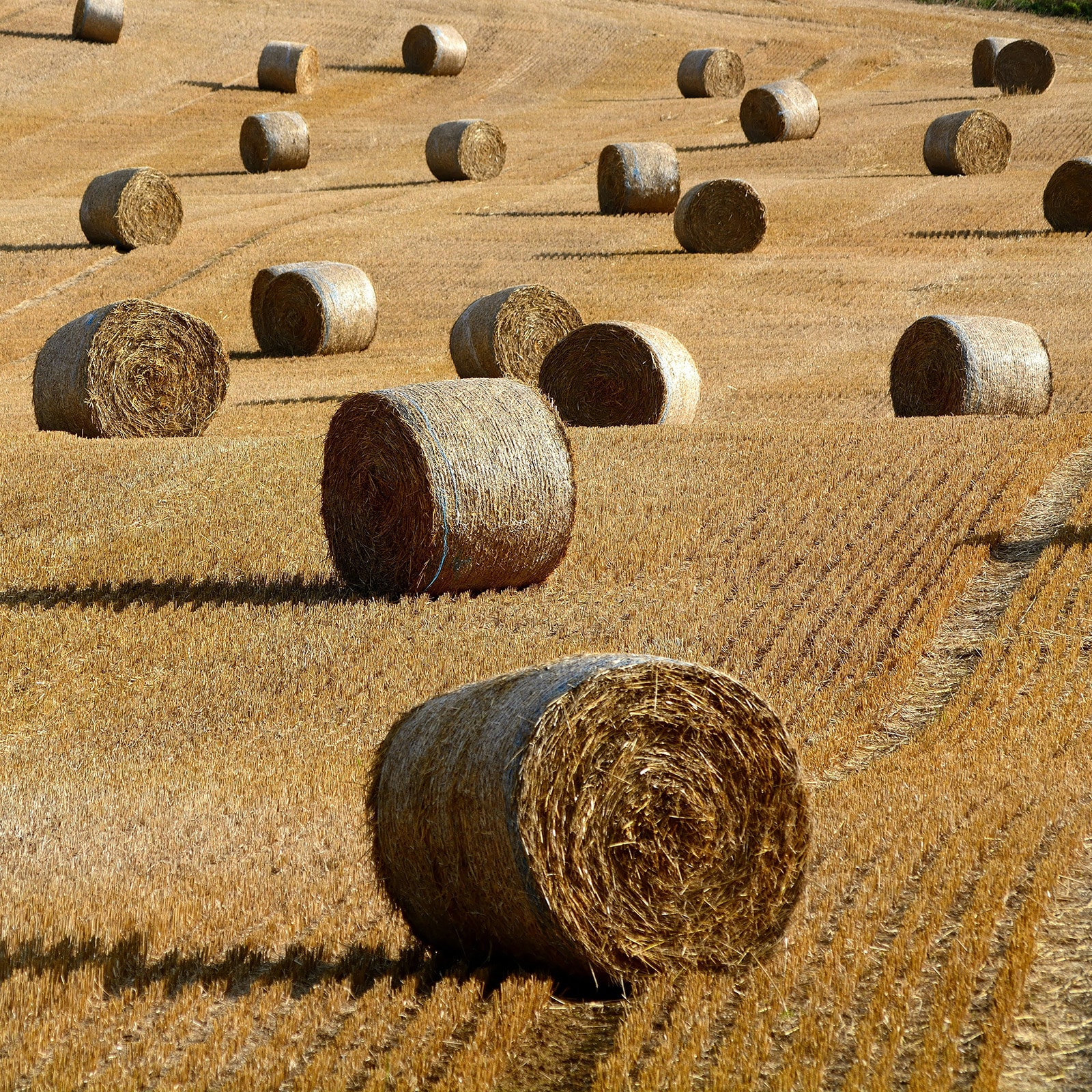
Tenant Farming
We have a long-standing relationship with all our tenant farmers, many of whom have farmed on the Estate for generations. We are committed to supporting them by providing the land and buildings they need to run their farming businesses.
We work with our farm tenants to ensure farming on the Estate becomes more financially resilient and environmentally responsible.
By fostering long term partnerships, we aim to create a vibrant agricultural community that balances tradition with innovation and protects the livelihoods or the tenants’ and heritage of the Estate.
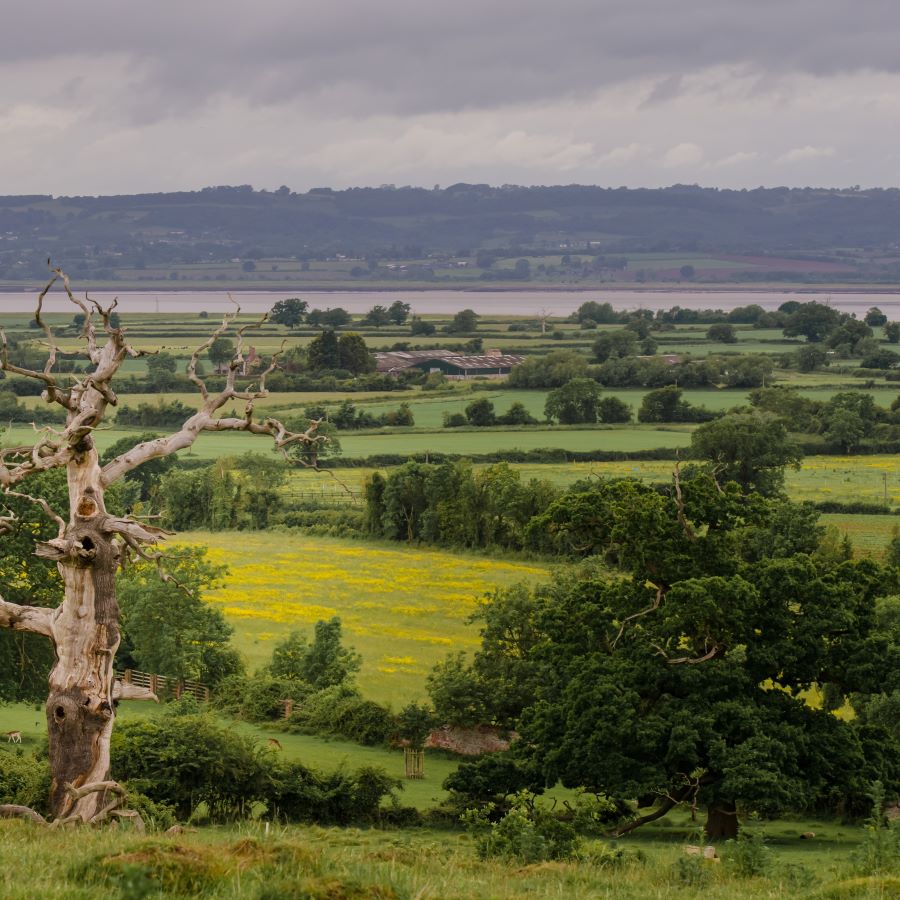
Photo by Tim Taphouse.
Woodland
Woodland Creation
We have planted over 11,000 native trees on the Estate since 2023. We aim to enhance the natural environment through the creation of diverse woodlands.
Our projects focus on improving biodiversity, supporting sustainable environments, and contributing to carbon sequestration efforts and a greener future. We aim to create sustainable habitats that benefit wildlife and provide future generations with a beautiful and thriving landscape to enjoy.
Woodland Management
Our active woodland management program ensures the continued health and productivity of the Estate’s existing woodlands.
Through careful planning, we support the regeneration of native species and enhance the biodiversity and natural beauty of the woodlands.
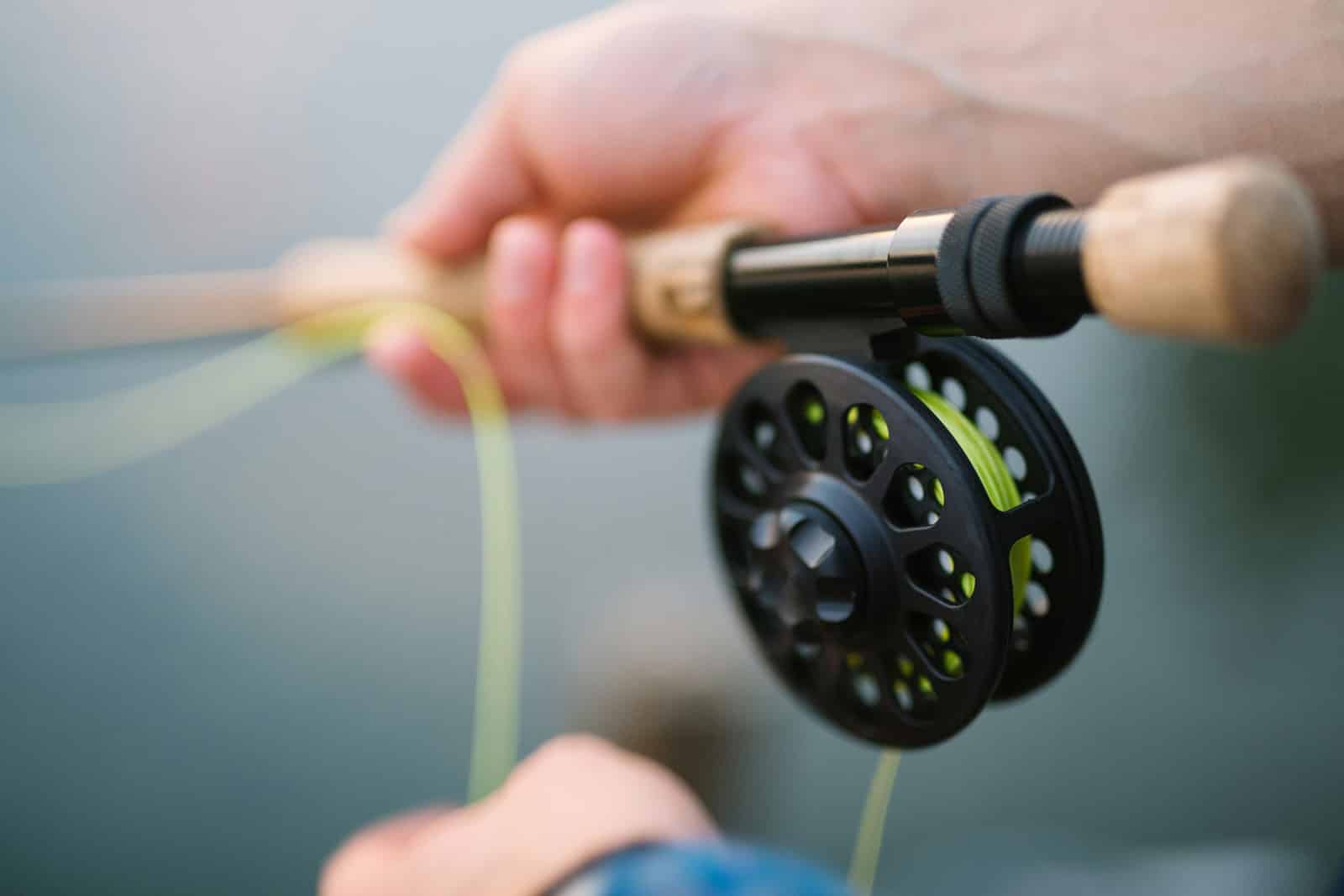
River Restoration / Fishing
The Little Avon River, which runs through the Estate, is a vital natural resource that we are actively working to restore.
We are proud to support the Berkeley Estate Fishing Syndicate, which offers members access to some of the best fishing spots along the Little Avon and is actively involved in numerous river restoration projects along the stretch they look after.
We are hugely grateful to the syndicate for allowing anglers to enjoy peaceful, well-maintained stretches of river whilst contributing to the ongoing conservation efforts to protect this natural treasure for future generations.
If volunteering to help restore the Little Avon would be of interest to you, please email enquiries@berkeley-fishing.co.uk for more information!
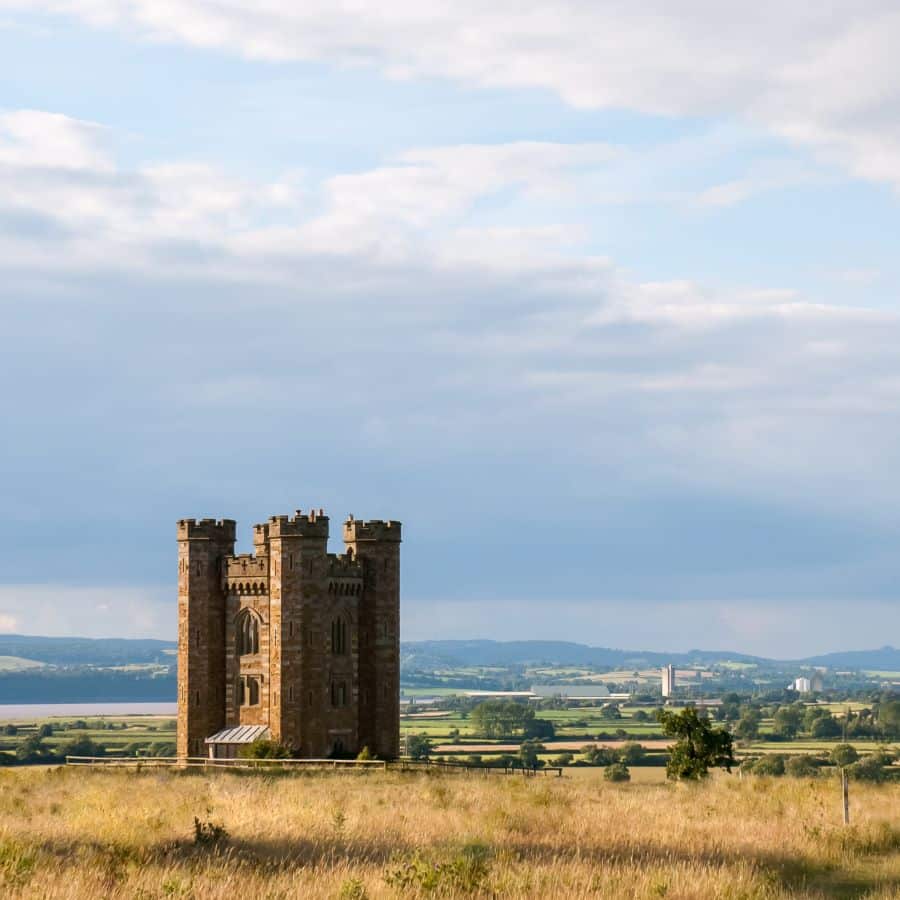
The Folly, Berkeley Castle Deer Park. Photo by Tim Taphouse.
Whitcliff Deer Park
History
Whitcliff Deer Park spans 329 acres and is at the heart of the Estate. It boasts a rich history dating back to around 1272, when it was first emparked and stocked with fallow and red deer.
Today, the park is still stocked with the descendants of those deer— currently numbering around 170 Red and 350 Fallow deer. Between 1750 and 1777, the park was enclosed to protect the deer, initially with a paling fence and later replaced with a brick wall that extends for 5.5 miles.
The wall was constructed using local clay sourced from the park’s ponds, adding a unique touch to its historic landscape.
Management
The Deer Park is ecologically important and has therefore been entered it into an Environmental Stewardship Scheme by the Estate.
This helps us to preserve its ecological importance which is at the forefront of everything we do.
With its rich history, vibrant wildlife, and ecological significance, Whitcliff Deer Park remains an integral and cherished part of the Berkeley Castle Estate.
Visitors can enjoy walking along the footpath which runs through the middle of this picturesque parkland and offers beautiful far stretching views.
Venison
We have to manage the number of deer in the Deer Park to ensure they have enough grass to eat.
We sell the venison to a range of local pubs, restaurants, butchers and farm shops, and it’s usually on the menu in the Kitchen Garden Café & Restaurant at the Castle, where it can also be bought frozen from the display freezer.
Venison is high in protein, low in fat (less than skinless chicken), stacked with iron (more so than beef) and vitamins, full of B vitamins and is especially rich in Omega 3.
Berkeley Estate deer naturally graze on a variety of vegetation in the 329-acre Deer Park, rather than high energy cereals or other concentrated feeds, so the meat is lower in saturated fats but higher in the more beneficial, unsaturated fats.
If you would be interested in buying some venison from us, please email info@berkeley-castle.com.
The Folly
The Folly is a charming and picturesque landmark set within the beautiful surroundings of Whitcliff Deer Park.
This iconic structure, often associated with the Deer Park’s historical landscape, is in the process of being refurbished and will be available to rent as holiday accommodation. It will offer a serene and unique spot for visitors to enjoy the natural beauty of the area.
